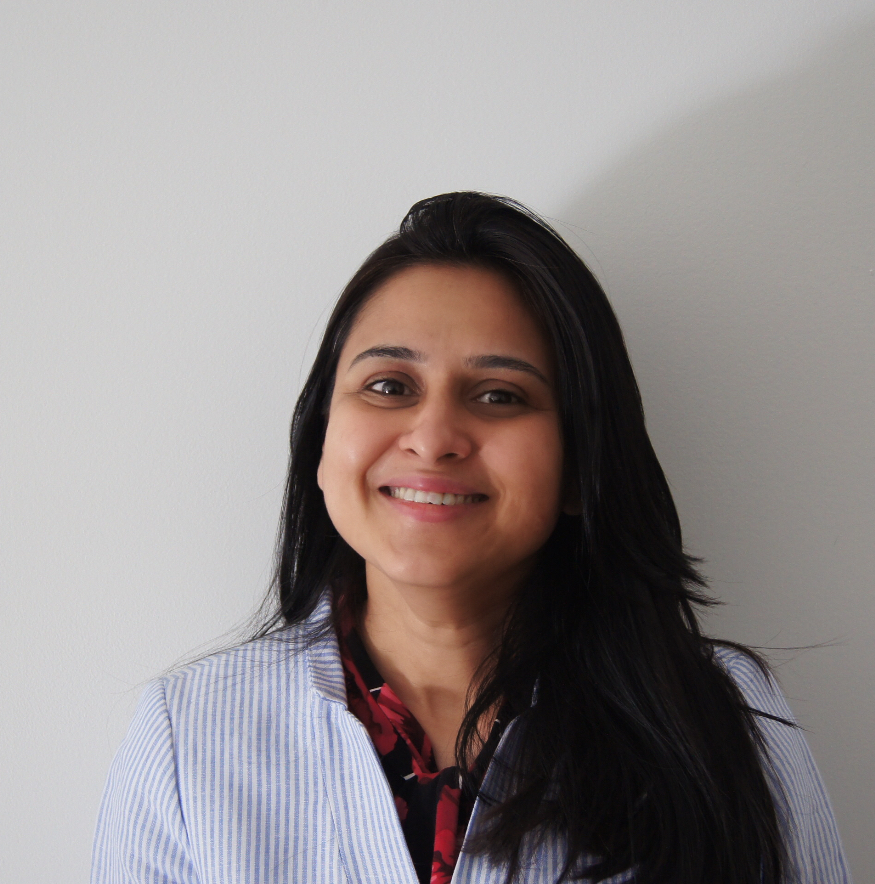Payel Datta PH.D.
Program Director of Master of Biotechnology
Dr. Payel Datta is an Assistant Professor in the Department of Life Sciences at Albany College of Pharmacy and Health Sciences (Albany, New York, USA). Dr. Payel Datta is currently serving as the Program Director for Biotechnology (MSBT). She is also serving as a visiting researcher at Center of Biotechnology and Interdisciplinary Studies (CBIS) at Rensselaer Polytechnic Institute (Troy, NY).
- Teaching (2021-present)
- These courses are taught in a combination of CBET, Biosciences Research Building (BRB), O’Brien Building (OB), online, and ACPHS classrooms
- Mammalian Cell Culture
- Microbial Fermentation
- Downstream Purification of Biopharmaceuticals
- Biopharmaceutical Capstone
- Other Courses taught in ACPHS
- Microbes and me
- Regulatory Science
- These courses are taught in a combination of CBET, Biosciences Research Building (BRB), O’Brien Building (OB), online, and ACPHS classrooms
- Research (2021-present)
- Cell Biotechnology and Bioprocessing
- Value-added Products
- Drug Discovery
- Value-added products
- Selected list of publications
- Complete biosynthesis of a sulfated chondroitin in Escherichia coli. A. Badri, A. Williams, A. Awofiranye, P. Datta, K. Xia, W. He, K. Fraser, J. S. Dordick, R. J. Linhardt, M.A.G. Koffas, Nature Communication. nature.com/articles/s41467-021-21692-5
- Evaluating heparin products for heparin-induced thrombocytopenia using Surface Plasmon Resonance. F. Zhang, P. Datta, J. S. Dordick, R. J. Linhardt, Journal of Pharmaceutical Sciences. pubmed.ncbi.nlm.nih.gov/31705871/
- Anti-SARS-CoV-2 activity of rhamnan sulfate from Monostroma nitidum. Y. Song, P. He, A. L. Rodrigues, P. Datta, R. Tandon, J. T. Bates, M. Bierdeman, C. Chen, J. S. Dordick, F. Zhang, R. J. Linhardt, Marine Drugs. pubmed.ncbi.nlm.nih.gov/34940684/
- Industrial production of glycosaminoglycans. P. Datta, R. J. Linhardt, S. T. Sharfstein. In Encyclopedia of Microbiology https://www.sciencedirect.com/science/article/pii/B9780128096338122241

